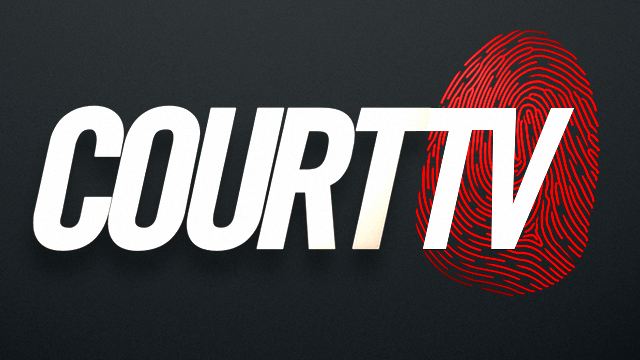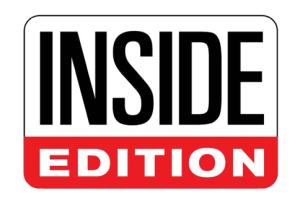Hire a Prison Consultant with
OVER 20 YEARS EXPERIENCE
We've helped over
Clients
Return to their families as quickly and safely as possible.
In the federal court system of the United States the term “discovery” pertains to the process before a trial where parties involved in a dispute. Both the prosecution and the defense. Share relevant information and evidence related to the case. The guidelines, for discovery are outlined in the Federal Rules of Criminal Procedure Rule 16.
The prosecution is required to provide the defense with forms of information which include;
1. Statements Made by the Defendant;
The prosecution must reveal any written or recorded statements made by the defendant that’re under government control and hold significance to the case.
2. Defendants Past Record;
If there is an intention by the government to present any evidence of convictions during trial they are obligated to disclose this information to the defense.
3. Documents and Physical Objects;
The prosecution should disclose any documents, data, photographs, tangible items, buildings or locations under government control that’re essential for examination by the defendant and crucial, for preparing their defense or that will be used by the government as part of its case during trial.Reports, from Examinations; In case the government holds any findings or records from mental exams scientific tests or experiments crucial for the defense or that the prosecution plans to use in its case they must be shared.
Expert Witnesses;
The prosecution should present a summary of expert witness testimonies, including their viewpoints, the reasoning behind those viewpoints and the qualifications of the witnesses.
Mutual Discovery by Defense
The defense is also obligated to disclose details to the prosecution, such as;
Documents and Items; If the defense aims to present documents, data, images or physical items during trial they must allow the prosecution to review and make copies or take photographs.
Examination and Test Reports; Similar to what’s required from the prosecutions end if the defense plans to utilize any findings or reports from mental exams or scientific tests during trial they are mandated to share these with the prosecution.
Expert Witnesses; The defense also needs to provide a summary of any expert testimony they intend to use at trial.
Brady Material
Following the Supreme Court ruling, in Brady v. Maryland it is mandatory for the prosecution to reveal any evidence favoring innocence that it possesses or controls.
Exculpatory evidence refers to any information that could benefit the accused and is relevant, to either proving guilt or determining the punishment. This may involve details that could be used to question the credibility of a witness called by the prosecution.
Giglio Material
Apart from evidence prosecutors are obligated to reveal any evidence that could undermine the credibility of a witness following the Giglio v. United States ruling. This typically pertains to information that could challenge a witnesss reliability, such as any agreements made with them in return for their testimony.
Scope and Timing
The scope of discovery in cases is narrower compared to cases. The Federal Rules of Criminal Procedure and legal precedents outline what needs to be disclosed and when. Discovery often occurs continuously requiring relevant information to be shared leading up to and during the trial.
Protective Orders and Classified Data
Courts may issue orders to limit access to information especially if it is classified or poses risks to witnesses. The Classified Information Procedures Act (CIPA) establishes procedures for managing documents during criminal proceedings.
Ramifications of Failing to Disclose Discovery
Neglecting ones duty to disclose discovery can lead to various consequences, such as suppression of evidence during trial proceedings dismissal of charges or imposition of penalties against the party, at fault.
In situations when the prosecution fails to disclose evidence that could prove innocence a verdict might be reversed.
To sum up federal criminal discovery serves to promote fairness, in the system by granting both parties access to trial evidence. This procedure aids in trial preparation. Facilitates discussions, for plea deals. Moreover it prevents surprise tactics during trials where one party’s unaware of the others evidence.
ALLOW OUR CUSTOMERS TO EXPRESS THEMSELVES F






